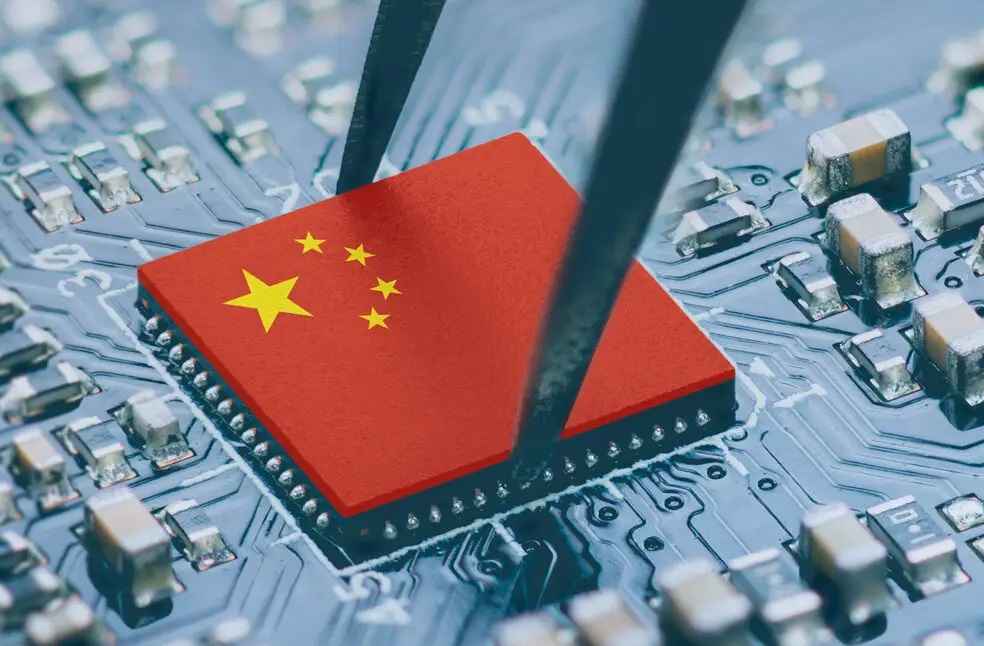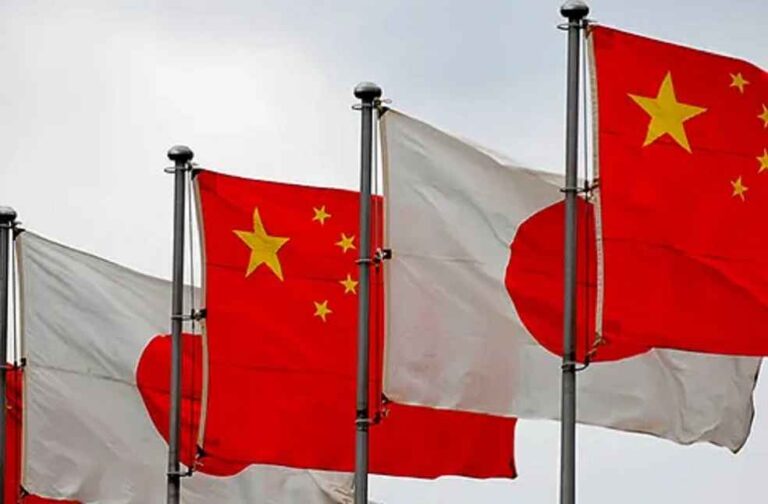Japan and China are setting a new course in their diplomatic and economic relationship with an agreement to conduct regular trade talks. This move, highlighted in reports from Japanese media, suggests a shift towards more cooperative interactions following a period of heightened tensions.
These discussions, planned at the director-general and section chief level responsible for export controls, emerged from a recent meeting between Japanese Trade Minister Yasutoshi Nishimura and his Chinese counterpart, Wang Wentao. This significant development occurred on the sidelines of an Asia-Pacific Economic Cooperation (APEC) summit in San Francisco, signaling a potential easing of strained ties.
Nishimura stressed the value of these dialogues for stabilizing Japan-China relations. His remarks after meeting Wang Wentao shed light on Japan’s strategic approach: “We will hold firm discussions with Chinese officials to build constructive and stable Japan-China relations.” This perspective underscores the delicate nature of their bilateral relations.

The talks will focus on export controls, as per reports from the Yomiuri newspaper. This agenda gains relevance against China’s recent moves to limit exports of key industrial materials like gallium, used in semiconductor manufacturing, and its plans to restrict graphite exports, a critical battery component, starting in December.
The primary aim of these dialogues is to prevent the rise of reciprocal trade disputes. Given the intertwined economies of Japan and China, and the larger implications for global markets, avoiding such conflicts is vital for both nations.
The backdrop of these discussions is Japan’s cautious stance on its relationship with China. Prime Minister Fumio Kishida, before attending the APEC meeting, articulated this approach, emphasizing the necessity of stable and constructive relations with China and expressing Japan’s willingness to keep communication channels open.

Recent events have tested Japan-China relations. Japan’s decision to discharge treated Fukushima nuclear plant water into the ocean and the arrest of a Japanese pharmaceutical executive in China on espionage charges have added layers of complexity to their interactions.
By initiating regular trade talks, Japan and China acknowledge the importance of strategic dialogue in managing their intricate relationship. This step represents not only a commitment to addressing current economic and political challenges but also an understanding of the broader significance of their relationship in regional and global contexts.
IMEX SECTOR | DP World Australia Recovers Post Cyber Attack, Faces Export Delays



